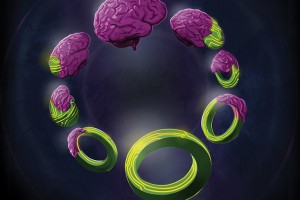Newly discovered cannabinoids hold promise for medical, pain applications.
Lesser-known cannabinoids are showing potential for treating neurological disease, inflammation, pain, cancer and infection.
Lesser-known cannabinoids are showing potential for treating neurological disease, inflammation, pain, cancer and infection. Of the approximately 113 cannabinoids, the most common being CBD, less than 10% have been researched. CBGa recently was found to be helpful in treating neuropathic pain, neurodegenerative disease, epilepsy, cancer and skin disorders.
Research involving CBN has revealed its anti-inflammatory properties, efficacy in lowering intraocular pressure, neuroprotection, helpful effects in ADHD and pain control, appetite stimulation and antibacterial properties.
CBC also is important in neurology, she noted, and studies have shown that CBC improved function of neural stem progenitor cells. It encourages neurogenesis.
This cannabinoid also defends against oxidative stress, which can contribute to neurological conditions such as Alzheimer’s disease and dementia, Jacknin said. It works best for depression when combined with THC and CBD, and can also be helpful in pain relief and acne and as an antibacterial, she continued.
The neuroprotective effects of THCa may be applicable to neurodegenerative diseases, epilepsy, inflammatory bowel disease, inflammation, pain and cancer. Research is being conducted in epilepsy, brain tumor, Parkinson’s disease, AD, chronic traumatic encephalopathy and Huntington’s disease. Cannabinoids like this will revolutionize neurology treatment, prevention and pain.





Related Posts